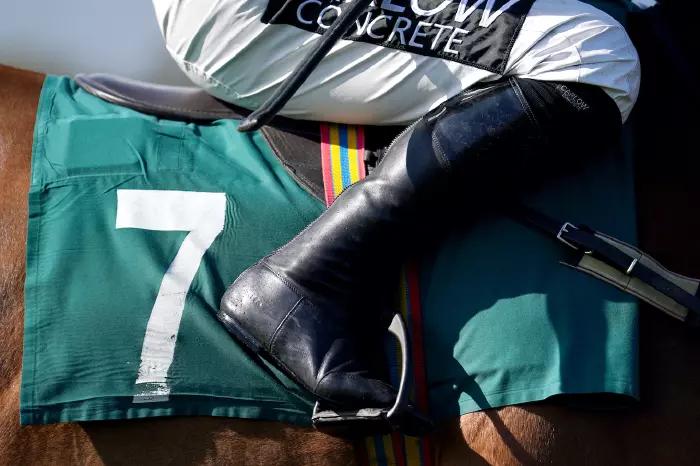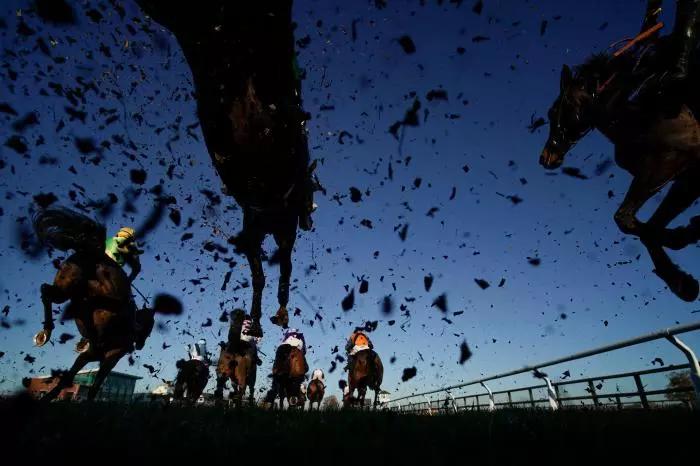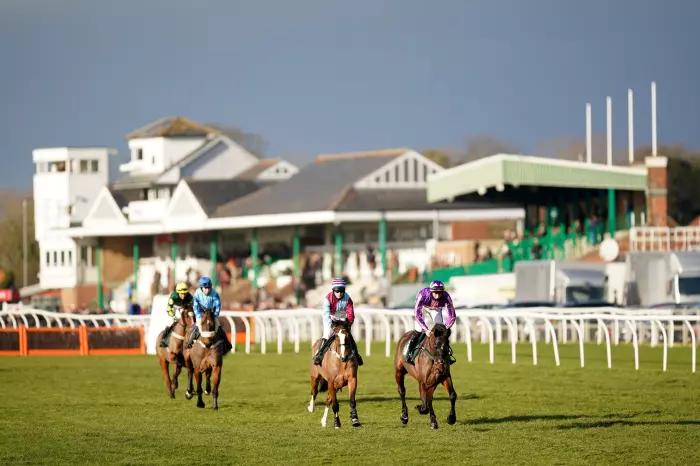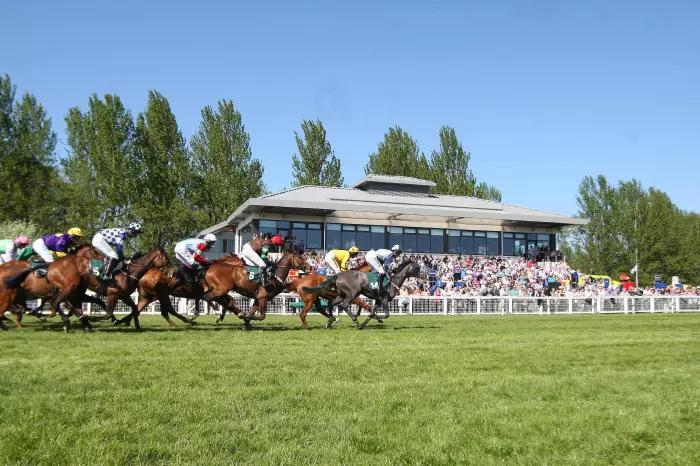Sports betting psychology - coping with losing runs
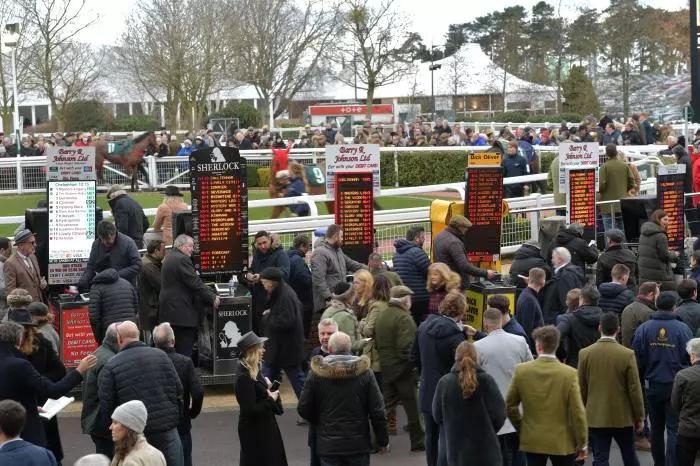
Continuing his look at the psychology of sports betting, Tipstrr horse racing expert Andrew of Fiosrach explains how to accept losing runs as a part of betting, and how to put them behind you.
Losing runs are inevitable
One thing for certain if you are backing horses, or indeed betting on any sport, is that you will have losers along the way, and one of the most important aspects is how you cope with those losing runs.
Curiously this season has started the same way, with eight winless selections, but I know from analysing my records that virtually every season sees my win rate land somewhere between 15 and 18%.
This winning strike rate, coupled with average odds of over 10/1, means that if I maintain that long-standing strike rate, I know I will make a profit. I also average over 25% of my selections being backed each-way and delivering a place return.
A lesson learned
I have memories of watching people in my local bookies when I started betting, dipping into their wage packet on a Friday afternoon, and backing a few losers.
I also set a value price on my selections following analysis, and I base this on one point for the field, one for the unexpected, and then a point for each identified threat.
Setting your limits
You can translate this to a scenario in your everyday life: perhaps you need a new pair of shoes, for which you are willing to spend £50, in which case you will buy shoes at a better price, but not above that £50 budget. That same sense of value and disciplined budgeting should be applied to betting.
